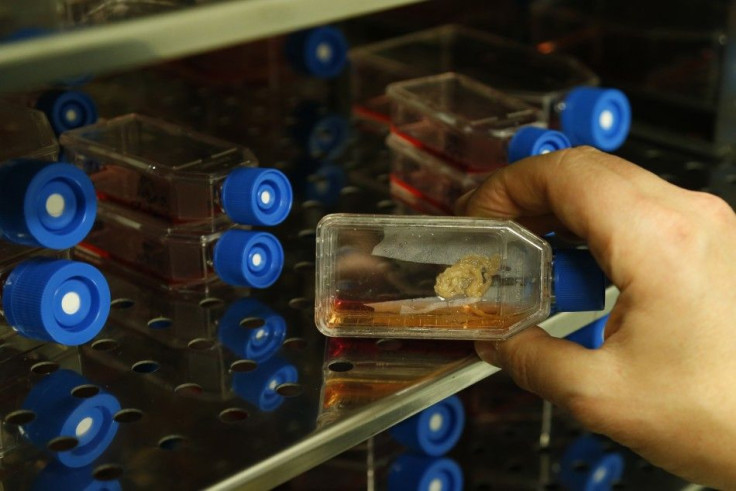Cancer May Be Prevented By Reprogramming Stem Cells After Radiation

A recent study conducted in the University of Colorado Cancer Centre suggests that there is a way to curb cancerous cells from reproducing by reprogramming the stem cells after radiation. Researchers found that stem cells generally lose their "stemness" after undergoing radiation. However, the study provides a way by which the cells can retain their functionality, while ensuring that the cancerous cells do not replicate.
Researchers have discovered that the very process by which the body can differentiate between stem cells damaged by radiation also allow cancer cells to multiply, especially when the body has undergone radiation therapies. The study suggests reprogramming these stem cells, after they have been irradiated, may help to limit the spread and growth of cancer.
The study's senior author, Dr James DeGregori, who is also an investigator at the CU Cancer Centre as well as a professor of Biochemistry and Molecular Genetics at the CU School of Medicine, said, "The body didn't evolve to deal with leaking nuclear reactors and CT scans. It evolved to deal with only a few cells at a time receiving dangerous doses of radiation or other insults to the DNA."
The study is currently being conducted on stem cells of mice, and it was noticed that when radiation weakened the health of stem cells, the mutated cancer cells were ready to take over. However, researchers noted that by reprogramming stem cells after radiation, in a way which activates a specific cell maintenance pathway; the possibility of ensuring that radiation not give way to reproduction of more cancer cells may be achieved.
DeGregori also went on to say, "If I were working in a situation in which I was likely to experience full body radiation, I would a bunch of my HSCs. But there's also hope that in the future, we could offer drugs that would restore the fitness of stem cells left over after radiation."




















